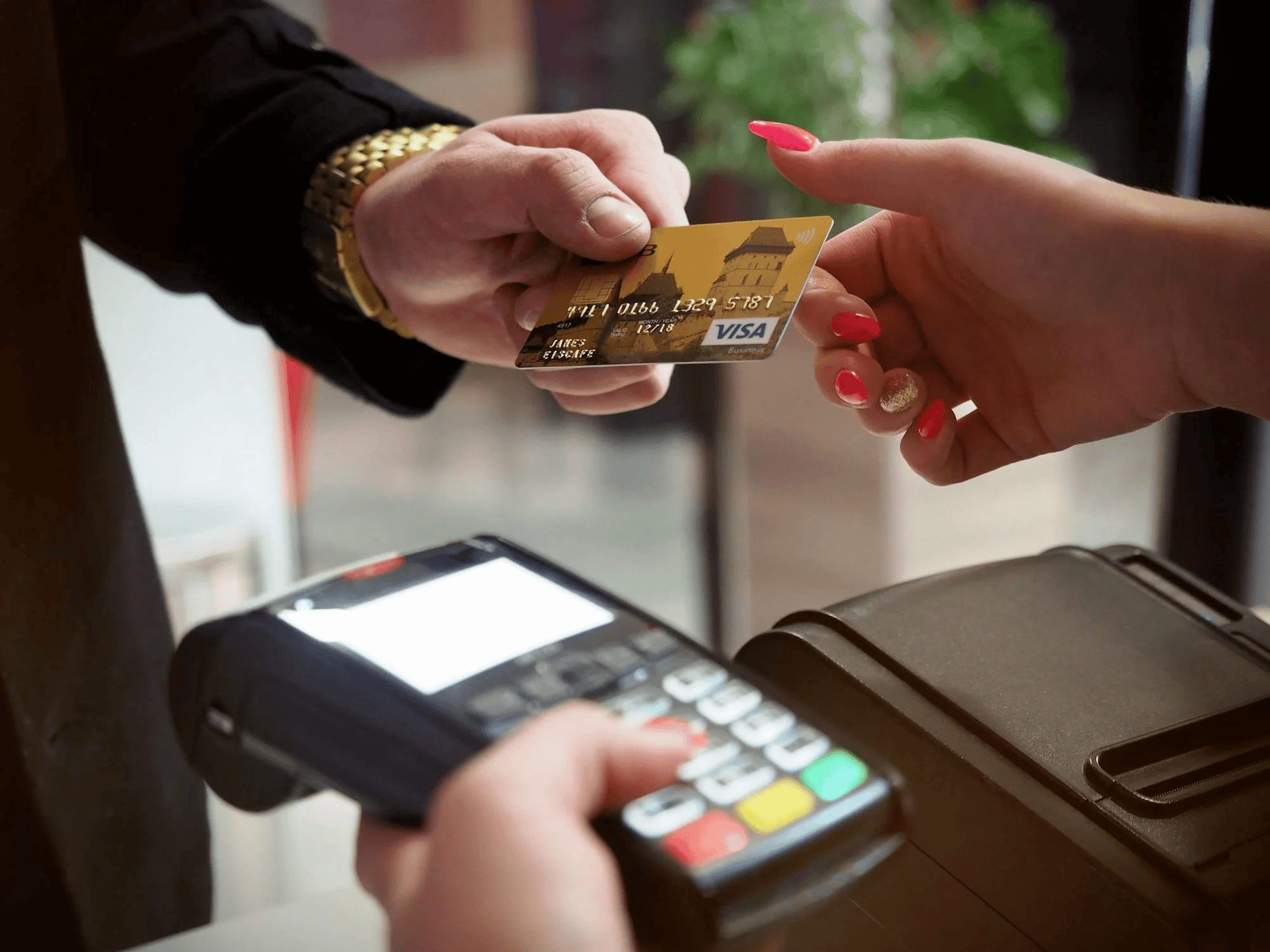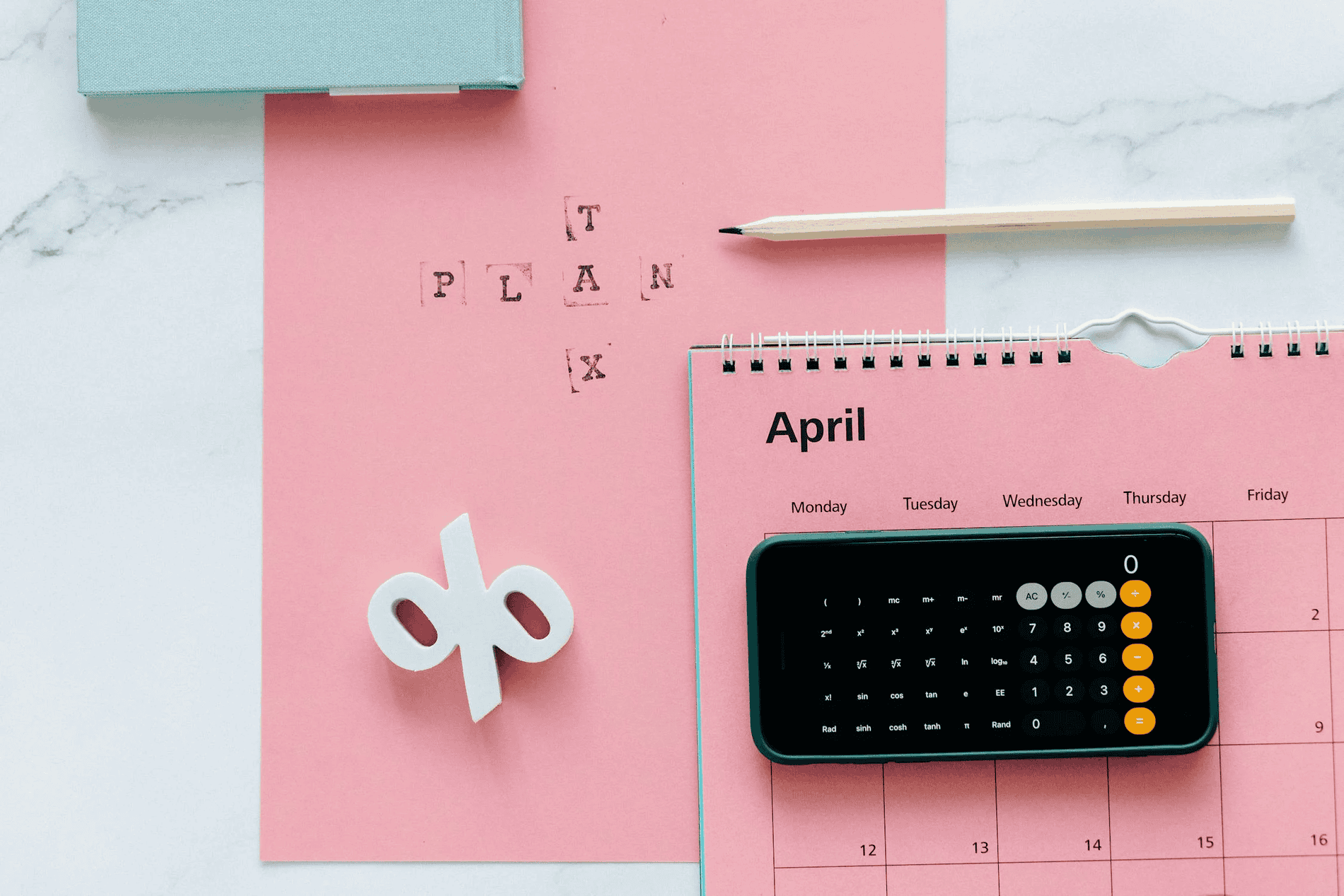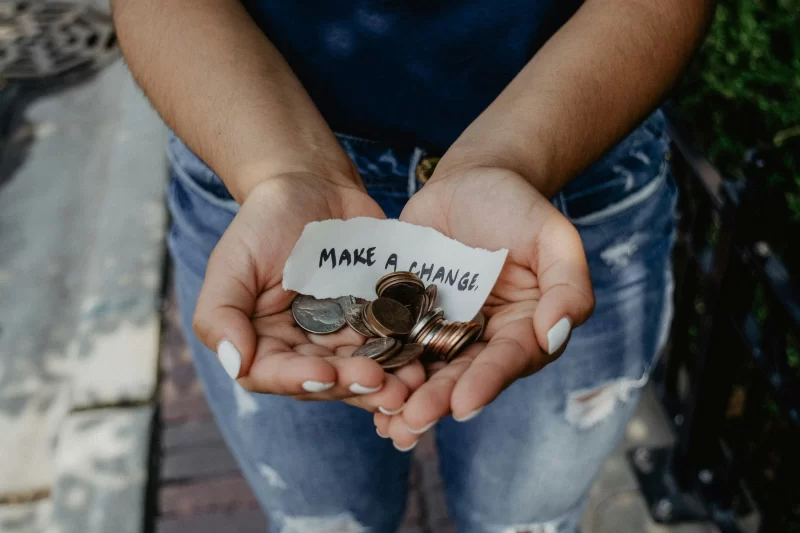
Some days, it feels like my wallet has a hole in it—money just seems to vanish. I often find myself in this situation whenever I stop for coffee before heading home. It’s moments like these that make me think about the best way to save money and how small, everyday choices can add up.
I open my wallet to pay, and poof—there’s nothing there. Sad, right?
This usually happens about a week after payday. Unlike most people, I prefer to carry actual cash in my wallet and use it for my purchases. As much as possible, I avoid using my card unless it’s for a big purchase.
That’s why overspending hits me hard—I can literally feel when I’m broke.
I’m pretty sure you’ve felt this way, too. To tackle this, I’ve developed some smart spending habits that have worked wonders for me, and I’m excited to share them with you!
Now, these tips aren’t just for people with plenty of extra money—they’re practical and easy for anyone to follow. And don’t worry, I’ve made sure they won’t take all the joy out of your life or make you feel like you’re living in a cave.
I can’t take full credit for these ideas, though. Many of them are tried-and-true strategies shared by others. But the reason I’m putting them here is simple: they’ve worked for me, and I think they can work for you too.
So, let’s dive in!
1. Automating Your Savings

Automating my savings helps me save money without even thinking about it. And as the bank takes a percentage of my money, it effectively limits what I can spend on!
Anyway, most banks offer this feature—and they love to promote it! Many banking apps also make this option super easy to set up.
By scheduling automatic transfers from your checking account to your savings account every month, you can “protect” that money from your present-day self and save it for the future.
It’s like setting up a safety net before temptation even has a chance to strike.
This is an easy win. Once you set up automatic transfers on payday, you won’t even miss the money. Plus, as an extra bonus, many banks offer higher interest rates for automatic deposits, which can help your savings grow even faster.
2. Rounding Up Transactions

If you can’t avoid using your debit card, try rounding up your transactions to boost your savings.
The idea is simple: any amount left after rounding up goes straight into your savings account. For example, if you buy something for $94, round it up to $100. Pay the $94, then transfer the remaining $6 to your savings.
Think about it—if every coffee run or small purchase adds a little extra to your savings, how quickly could that grow? In this way, using a debit card might actually work better than a credit card for building your savings.
Another approach is to ensure your account balance always ends in a neat “0.” For example, if you have $3,214 in your account, take the $4 and transfer it to your savings.
If you can spare more, round it down further—make it $3,200 by moving $14 instead.
It’s a simple trick, but it can add up fast, right?
3. Withdrawing Cash
This is my personal favorite: withdrawing a set amount of cash to use. The problem with debit and credit cards is that they give you unlimited access to your money.
You can buy anything, anytime, as long as you have your cards. It doesn’t matter if something is expensive—if you know you can “technically” afford it, it’s hard to stop yourself.
But the story changes when you only have $100 in your pocket. You can’t spend more than that. You’re forced to think carefully about whether you really want to use up your budget for the day.
Essentially, it makes you more mindful of your spending.
Now, I’m not saying you should deprive yourself, but this trick is one of the good expense-cutting strategies out there, and it helps put the brakes on unnecessary spending. It’s a simple way to stay in control without feeling too restricted.
4. Planning Meals
This tip can be tricky, but it’s worth it. While meal planning is a great way to save money, it can be challenging to pull off if you’re juggling a packed schedule or working multiple jobs.
I used to do this before I earned my certification as a dosimetrist, and while the planning itself is straightforward, it’s the follow-through—like grocery shopping and cooking—that takes effort.
Meal planning is effective because it helps you avoid impulse buys that can quickly inflate your grocery bill. Plus, it allows you to stick to a budget and focus on what you really need.
Whenever possible, consider buying staples like rice, pasta, or frozen pizza in bulk—they’re cost-effective and can last a long time. While it might take a little extra time and effort, meal planning can save you a lot in the long run.
5. Lowering Utility Bills
This tip is for those who are truly at their wit’s end. I remember using this strategy back in 2012 before I got started in my career, and while it felt extreme at times, it really helped. Basically, don’t spend too much on utilities.
Lowering your utility bills is straightforward.
Only keep appliances turned on in the room you’re using. Maximize your refrigerator—store cold water and other essentials to make it work efficiently. Stick to simple meals that you can cook on a gas range to avoid overusing electricity.
If you’re able to, invest in energy-efficient appliances. There are plenty of ways to check if an appliance meets energy-saving standards—like checking if its Energy Star certified—so it’s worth doing a little research before making a purchase.
While these changes might not save you a fortune, they can make a noticeable difference. And when you’re pinching pennies, every little bit counts.

6. Going For Generic Products
In America today, we’re constantly bombarded with branding and marketing. Big companies push their names so heavily that choosing less expensive, generic products can feel like something to be ashamed of.
But let me tell you—it’s absolutely okay to opt for generic or store-brand items. People often choose branded products even when the generic version is 15% cheaper.
Interestingly, a Purdue survey shows that when the price difference increases to around 30%, most people finally switch to the generic option.
The key is to break free from the mindset that more expensive means better. If a generic product works just as well or tastes the same, why not save a few bucks? There’s no need to spend more just to flaunt a brand, especially if it doesn’t fit your budget.
As for me, I still stick with certain trusted brands for specific items, but I keep that list short. For everything else, I choose the cheaper option, as long as the quality is good.
And if possible, I use coupons. I have a few of the top coupon apps on my phone to help me with this.
7. Creating A Robust Savings Plan

Finally, let’s discuss creating a strong savings plan, which is key to being smart with your money.
Savings isn’t just about putting aside loose change or whatever’s left at the end of the month—it’s about building a solid plan for your financial future. With a clear plan in place, you can control your spending and make smarter choices.
Start by tracking your spending for a month to see exactly where your money is going. Once you know where it’s slipping away, cut back on unnecessary subscriptions, plan your meals to avoid impulse buys and be mindful of utility costs.
Then, set clear savings goals, whether it’s for an emergency fund or a vacation. Having specific targets will keep you motivated and focused.
Finally, automate your savings by setting up direct transfers from your checking account to your savings or investment accounts each payday, so you’re paying future-you first.

FAQs
You might still have some questions, so here’s a bit more information to help you out.
How can I avoid the temptation to overspend on credit cards?
To avoid overspending on credit cards, I set a monthly spending limit and, as I mentioned earlier, use cash for everyday purchases to stay mindful of my spending.
Automating payments can also help prevent missing due dates. And ultimately, just leave your cards at home—it’s a simple solution to avoid unnecessary temptation.
Should I focus more on saving or paying off debt first?
Debt can be a tricky expense, and I understand it’s hard to decide whether to focus on saving or paying off debt. What I do is pay off high-interest debt first, as the interest can quickly outweigh any growth in savings.
Once the high-interest debt is cleared, I start building my emergency fund, then focus on my long-term savings goals.
How can I balance enjoying life with being financially responsible?
A simple approach is to be frugal and get into frugal living tips, but adjust as you go. Know your limits and what you’re comfortable with, and be honest about what you truly need versus what you just want.
By understanding your needs, you’ll realize what’s worth spending on and what’s not, letting you enjoy life while staying financially responsible.
Conclusion
Saving money doesn’t mean sacrificing your quality of life. It’s about learning to spend wisely and setting aside some for the future. I’ve plenty made sure that I get to manage my money that way.
As you can see, it’s not complicated. Spending smart is more about discipline and how you manage your money than about being a financial expert. By following these simple tips, you can make it work—just stick to them!
You’ve got this. The key is creating a future where peace of mind and possibility go hand in hand. Now you know exactly where to start.
Most importantly, don’t forget to subscribe to our YouTube channel for actionable advice and inspiration. See you there!
Sources
- Photo: Unsplash: Katt Yukawa






